With the steepest yearly hikes in food prices for more than 40 years as the cost-of-living crisis continues to bite.
We’re all paying more for the food on our plates. Yet, of course, the paramount importance of a good diet remains. Eating well, for example by reducing salt, sugar and saturated trans-fat intake, ensures your body has all the nutrients and energy it needs to stay strong and healthy.
And, as the World Health Organization says, a good diet also provides protection against various chronic conditions and diseases, from heart disease to diabetes and cancer.
When it comes to your workforce, the happier & healthier they are more the productive and co-operative they become. It also makes sound business sense to encourage a good diet among staff members – while also being the right thing to do ethically.
With rising costs, it can be tempting to cut corners and go for cheaper, less healthy options in a bid to save on supermarket bills. But this is ultimately just a false economy.
Healthy eating tips
Here, we offer some top tips to pass on to your workers, as advised by the Association of UK Dieticians, showing how you can eat well, and healthily, but without breaking the bank.
- Plan meals: This is important, especially for your main meal of the day. Know what you are going to eat in advance. At home we batch cook this saves time we always have a home-made meal available, and it could help reduce electric and gas bills.
- Good shopping: This starts with writing a list and checking what you already have before shopping, to avoid duplication. Don’t shop when you’re hungry or in a rush, and shop when you’re most likely to find reductions, typically shortly before closing time. Check all the shelves, remember that ‘value’ brands are usually just as good in terms of taste as other varieties, but cost less. Finally, check out your local food markets for good-value, locally sourced produce.
- Five-a-day on a budget: Fruit and veg in season is obviously the best value. The variable shape and size of ‘wonky’ items can make these cheaper, but they’re just as nutritious. Loose fruit and veg can be better value than packaged, and don’t forget that frozen, dried and tinned varieties can also be great value – even baked beans, for example, count as one of your five a day. Choose cans of fruit in natural juice. Allotments and community gardens are other good sources of cheap fruit and veg.
- Read the label: Unit pricing can help you give a better feel for whether something is good value for money. (But still only buy what you need.)
- Cooking tips: Make curry and rice or stir fries at home rather than dialling for Deliveroo. Make soups from leftover veg – you can even add the peel to some recipes. Clearly, homemade packed lunches are always going to be cheaper than shop-bought alternatives. And if you keep a decent range of herbs and spices in the cupboard, you can spruce up the simplest dishes. Finally, batch-cook and freeze whenever you can.
- Going easy on meat: We’re not suggesting you go fully vegan tomorrow, but reducing meat portions makes for cheaper, healthy nutrition. Try to have a meat-free day weekly, and consider alternative, low-cost, protein-packed alternatives like shepherd’s pie with baked beans rather than mince, or add chickpeas to curry. (Other protein-packed ideas include tinned mixed beans, lentils, hummus, yoghurt and tinned or frozen fish. Frozen chicken thighs are also often excellent value.)
Finally, if you’re looking for inspiration for a main evening meal, old favourites like veggie burgers with homemade potato wedges, chicken and veg stew (try with jollof rice), vegetable curry and rice or a tuna and sweetcorn pasta bake are always winners, as is a cottage pie with peas and carrots. If all else fails and you are short on time, rice with peas and tinned mackerel in tomato sauce will be cheap, healthy and quick, as well as tasting pretty good.
Unfortunately, food prices are unlikely to come down dramatically any time soon. But with a bit of savvy shopping and prep, eating well and healthily certainly doesn’t have to cost the earth. However, if you are particularly concerned about diet this winter, talk to your GP.
Time to take action
At Workplace Health MOTs we believe in preventative measures to keep people healthy – including having the best possible diet. Talk to us about how we can help you take steps towards a better standard of living with a better work-life balance.


